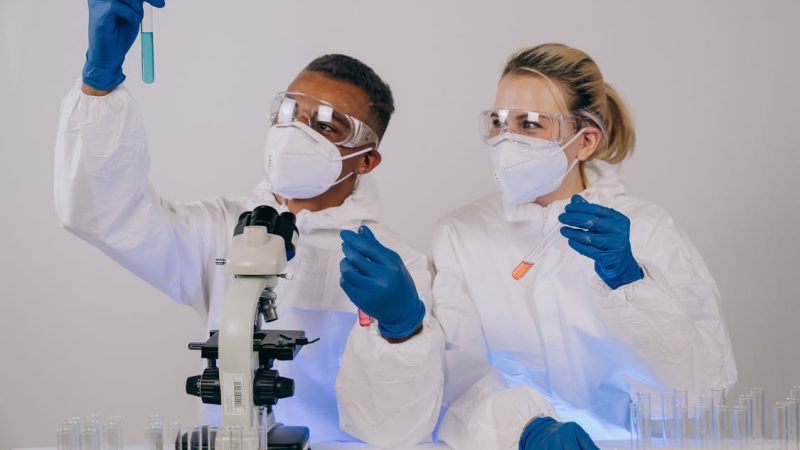Bioproducts for various applications such as pharmaceuticals, cosmetics, nutrients or industrial enzymes are manufactured with biotechnological methods; microorganisms or immortalized cell lines are the vehicles for production. Due to the long development times such products, especially in the area of pharmaceuticals, are often very expensive. The question is how can we make the production process of bioproducts faster, cheaper and fit for the future.
The implementation of continuous production processes, process modeling and related process automation leads to reduced manufacturing costs and accelerated production process development and results in an increased overall productivity.
What stops us from working continuously
In contrast to other industries such as the automotive, oil or steel industry, and despite the demand by regulatory authorities to implement continuous processes, these are still not established in the bioindustry. In particular, for the purification process of biologics, the so-called downstream process, continuous processing is not yet state-of-the-art. The biological products are very complex and the high demands regarding their purity and other quality attributes, especially when used as pharmaceutical are tremendous – and justifiably so. Moreover, currently there is still a lack of trained personnel capable for development and implementation of continuous downstream processes for bioproducts.
Next generation experts
This is where CODOBIO comes into play: This project is a European Training Network funded in the frame of H2020-Marie Skłodowska-Curie Actions and offers a training program for 15 Early Stage Researchers in the field of continuous downstream processing of biologics. Nine beneficiaries from academia and industry are participating in this project, each of them hosting 1 – 2 young researchers who are working on specific research topics related to continuous downstream processing of bioproducts interconnecting industry and academia. acib is going to host two students:
Early Stage Researcher 1 mimics industrial bioprocesses in small scale. This enables researchers to solve problems of the large-scale production process at small scale in the lab. This solution can then be upscaled and applied for the industrial production process. Small scale process development is much faster and cheaper because less material is used.
Early Stage Researcher 2 deals with the development of mathematical models for the characterization of continuous processes and their stability. These models will describe the residence time distribution of complex continuous processes to model how disturbances propagate through completely continuous manufacturing lines. The practical research work in the lab is complemented by theoretical network wide courses where the young researchers get training in scientific/technological as well as in transferable skills. A crucial part of the European Training Network are the secondments of Early Stage Researchers to other network partners changing the sector from academia to industry and the other way around. The overall aim of such European Training Networks is an enhanced employability for young researchers by giving them the chance to experience both the industrial and academic sector while working on future technologies to be implemented in the field of production of biologics.
This project has received funding from the European Union’s Horizon 2020 research and innovation programme under the Marie Skłodowska-Curie grant agreement No 812909.
Picture credits: Mikhail Nilov (Pexels)
